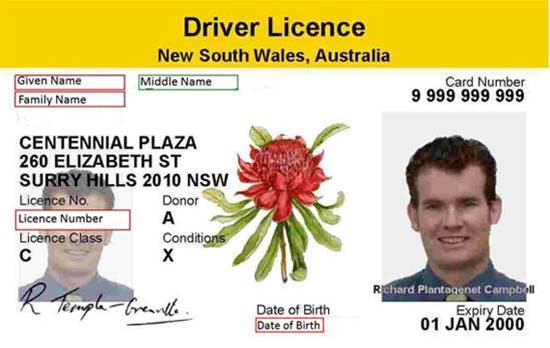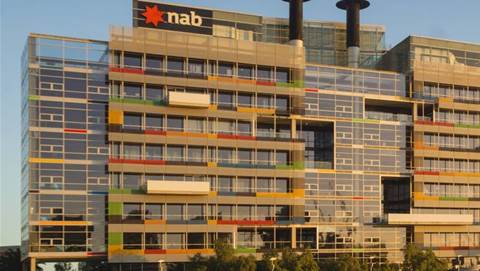Users of the core Transport for NSW (TfNSW) Driver Vehicle System (DRIVES) are stuck with an ancient and expensive green-screen application because the agency hasn’t been able to deliver a “robust business case” for its replacement.

The NSW auditor-general said replacing DRIVES is a key project that would save TfNSW $31 million over 10 years.
In a harshly critical report [pdf], the auditor-general said the agency has spent “at least $36 million” out of allocations of over $60 million on projects to replace DRIVES, which went live in 1991.
The report said that DRIVES covers 6.2 million driver's licences, more than 7 million vehicle registrations, and “is at end of life but has become an important service for Service NSW and the NSW Police Force”.
TfNSW is now on the third iteration of its business case to replace DRIVES, and has spent over $14 million with consulting companies, but the auditor-general said the transport agency “cannot clearly state why its previous attempts have failed or when DRIVES will be replaced”.
The report also noted that the consulting cost included more than $11 million worth of variations, but that the “audit team has seen no evidence of market assessments for any of the contract extensions”.
Security, monitoring and access management also come under fire.
In particular, the report noted that controls meant to protect data against misuse, such as in an incident examined by ICAC in 2021, still fall short.
A system to detect “anomalous patterns of access” won’t be implemented until March 2024, the auditor noted, “nearly three years after the ICAC recommendation was made."
“This is a slow response, particularly considering the detection capability was estimated to cost only $200,000 to $300,000 and require approximately six months to implement.”
Unmanaged growth
Another big problem facing DRIVES is that it’s grown far beyond its original brief: it now has 141 user organisations, and carries data like firearms licenses, mandatory alcohol interlock program data, infringement data, mobility permits and more.
“The system includes personal information such as home addresses for most of the NSW adult population, sensitive health information such as medical conditions, and biometric data in photographs," the report noted.
Much of this expansion of DRIVES’ coverage was unmanaged, the audit report said: “Its growth has not been planned strategically and its role in whole-of-government service delivery is neither fully defined, nor is it supported by an effective and comprehensive service management framework”.
“The lack of a strategy to underpin the purpose and development of DRIVES has resulted in it including some services which have little or no connection to transport,” the report added.
TfNSW also worked essentially alone for too long, the report found: it took until 2023 before TfNSW decided the Department of Customer Service should be a partner in working on the DRIVES replacement.
"How effective they are in defining and then implementing their respective services will significantly determine whether DRIVES is replaced or modernised this decade,” the auditor noted.
TfNSW accepted the auditor-general’s six recommendations in its response, and said it had “initiated the RegStar … program to establish a new technology environment, one that will be more resilient, adaptable, and better aligned with the evolving needs and expectations of our stakeholders and customers”.




.png&h=140&w=231&c=1&s=0)
_page-0001_(1).jpg&w=100&c=1&s=0)
 Integrate
Integrate






.jpeg&h=271&w=480&c=1&s=1)









